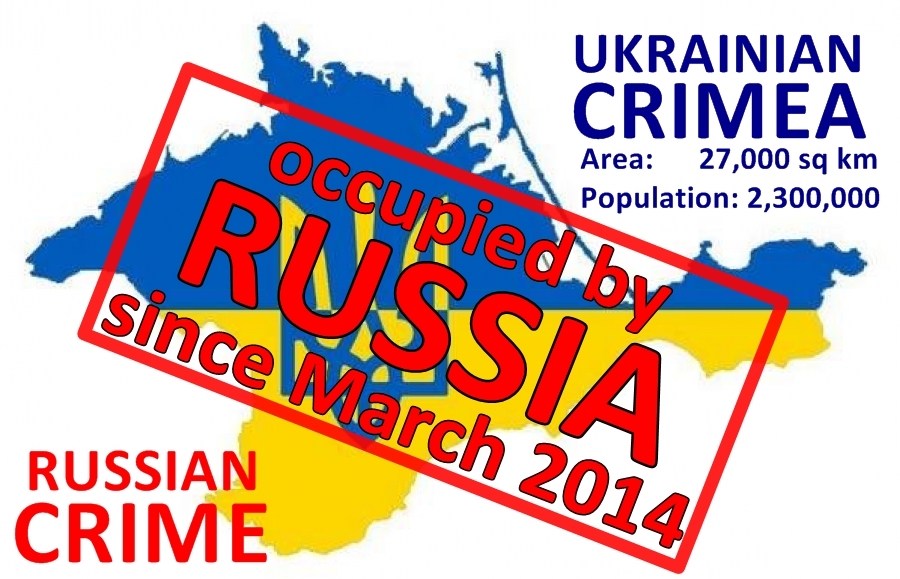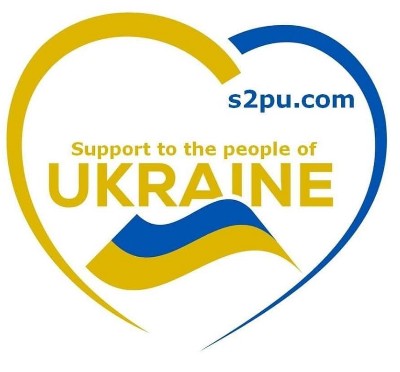Russia’s illegal annexation in 2014 of Crimea
From Stalin to Putin: The Crimean Tatars face a new era of Kremlin persecution

This week marks 76 years since Stalin deported nearly 200,000 Crimean Tatars from their homeland, but there will be no major commemorative events in their native Crimea. Ever since Russia’s illegal annexation in 2014, the peninsula’s indigenous people, the Crimean Tatars, have been denied the right to publicly remember their mass deportation. This ban on remembrance is just one particularly visible aspect of a far broader persecution campaign by the Russian occupation authorities that offers distressing echoes of Soviet crimes against humanity.
When the shock of Vladimir Putin’s Crimean crime was still fresh, the plight of the peninsula’s Crimean Tatar population generated considerable international attention. However, as the Russian occupation enters its seventh year with no end in sight, the fate of Crimea’s indigenous people is now in danger of fading from view. Despite grand promises made at last year’s deportation anniversary events, there has been little or no progress over the past twelve months towards addressing the ongoing attacks on the Crimean Tatars’ fundamental freedoms and the smothering of their collective memory, culture, and heritage.
Today’s low levels of international awareness reflect Crimea’s general disappearance from the geopolitical radar. Indeed, merely getting reliable information about the current situation on the peninsula is immensely challenging. Journalists, writers, and other truth-tellers have been silenced over the last six years. Ukrainian human rights NGOs have documented 369 cases of violations of free expression; the number of independent media outlets has decreased by around 90 percent; Ukrainian TV channels and radio stations have been denied the right to broadcast; and dozens of Ukrainian news websites have been blocked. Meanwhile, the international media is denied access altogether or closely chaperoned and prevented from challenging official Kremlin narratives.
Nevertheless, the fragmented and partial picture that does emerge is enough to set alarm bells ringing. The Russian occupation authorities in Crimea have detained and physically abused Crimean Tatars, raided their homes, and created an atmosphere of fear, trauma, and intimidation. Human rights organizations have officially documented at least 1500 violent incidents. Alongside a campaign of political persecution targeting today’s Crimean Tatar community, the Russian authorities have also sought to wipe out Crimean Tatar culture, heritage, identity, and memory.
Crimean Tatars now desperately need allies in Ukraine, in the rest of Europe, and around the globe. The US and European governments must acknowledge that Russia, as part of its annexation strategy, is ruthlessly repressing the rights of Crimean Tatars and attempting to quash their identity. And people all over the world need to speak out in defense of the many Crimean Tatars who are currently being held as political prisoners by Russia.
As the Crimean Tatar community marks the seventy-sixth anniversary of their Soviet deportation this week, an entire generation faces the prospect of another year living in terror at home or forced into exile. Much as the community had feared in 2014, history is indeed repeating itself.
It is now up to the outside world to hold Putin accountable and prevent a sequel to one of twentieth century totalitarianism’s darkest chapters.
Source: Atlantic Counsil
